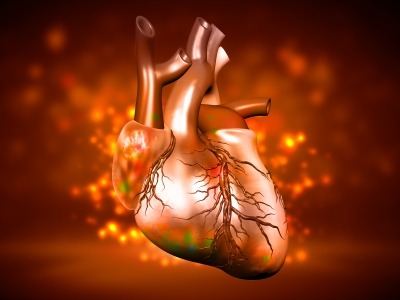
The pilot study has been designed to assess the safety of VisONE implantable system in medical refractory heart failure patients with reduced ejection fraction and preserved ventricular synchrony.
VisONE Heart Failure pilot is a prospective open label, single arm and multi-center study carried out in select European countries to access the safety of novel implantable system for delivering asymptomatic diaphragmatic stimulation (ADS) as a novel heart failure therapy.
VisCardia medical affairs director Dr Michael Mirro said: “Our objectives are to demonstrate that the promising and consistent evidence of therapeutic efficacy observed to date with the VisONE implantable system can be delivered on a safe and chronic basis.
“We look forward to sharing our study results over the next upcoming months in peer reviewed scientific conferences.”
By electrically stimulating the diaphragm in an asymptomatic manner, transient intrathoracic pressures gaited to cardiac activity are enforced against the cardiac walls, enabling to improve both cardiac filling and output.
Using an external programmer, the therapy will be non-invasively adjusted and programmed for the improvement of hemodynamic benefit and reduce undesired stimulatory side effects.
The study’s primary measures include safety of the minimally invasive laparoscopic surgical implant procedure and implanted system, as well as secondary endpoints of heart failure therapeutic efficacy such as acute hemodynamic parameters, cardiac function and heart failure status.
Dr. Michel Zuber, the principal investigator at the University Hospital in Zurich, said: “VisONE provides an innovative and unique approach for improving cardiac performance in medical refractory heart failure patients who currently have no alternative treatment options.
“Our expectations are that the chronic improvements to clinically accepted endpoints will mirror those observed during our early proof of concept studies.”
Based in Portland of Oregon, VisCardia is a developer of a novel implantable device therapy for the treatment of heart failure, a condition that affects around 10 million patients in the US and Europe.






